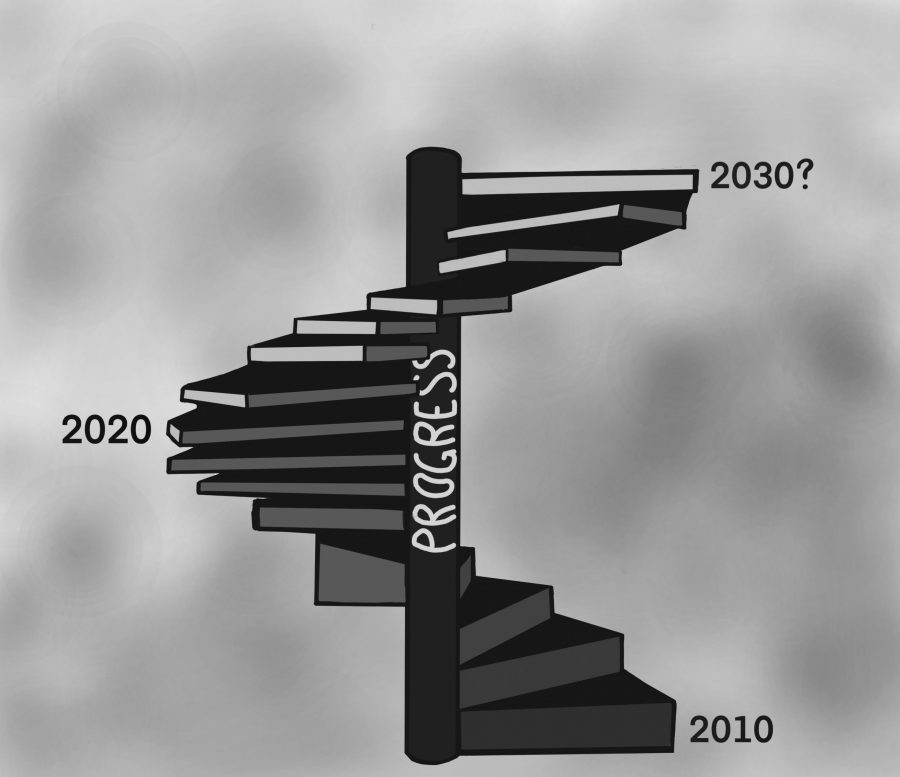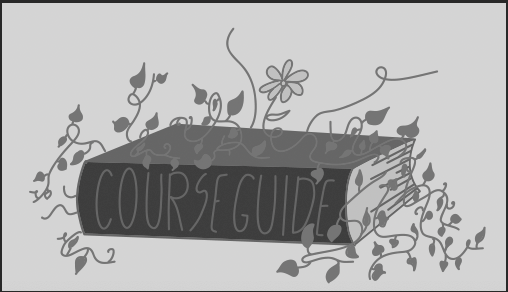Haven’t we come a long way? Today, on the threshold of 2020, society enjoys more access to technology, traditionally underrepresented groups have made progress in both government and general society, and the economy rests comfortably on top of historically-low unemployment rates and a strong stock market. By the metrics, this past decade has been one of the most monumental in recent history.
After emerging from the 2008 Great Recession, the U.S. experienced a decade of landmark events: the passage of the Affordable Care Act in 2010, the nationwide legalization of same-sex marriage in 2015 and the widespread #MeToo movement beginning in 2017. Certainly, society has taken important steps, yet many more remain ahead. As a new decade approaches, we cannot revel in these individual successes; rather, we must pave the way for the establishment of true progress. Real change does not stem only from the mere passage of legislation from Capitol Hill, but more importantly, from the willingness of the nation’s people to embody the ideals of collective progress.
Currently, however, numerous cleavages divide the nation: political views, racial differences, generational gaps, the list goes on. Yet, with every reform enacted, polarization only continues to intensify. Piles of paper, covered in blocks of optimistic text, can filter through government doors, but a more comprehensive picture of our communities tells a bleaker story, one fraught with disconnect, uncertainty and fear. One of the most dangerous developing trends is the increasing militarization of interest groups across the country. Violence and hate crimes transform our news cycles into scenes of chaos, almost indistinguishable from Orwellian tales of perpetual war without an end in sight. Though we live in the society of 2020 and not the fictional world of 1984, Orwell’s lesson burns brighter than ever: division inhibits effective change. We teeter on the brink of a trap similar to Orwell’s “proles” who, though free of the ruling Party’s influences, were unable to unify to transform their broken society. No matter the raw energy and ability of a single group, without a sense unity in the hearts and minds of constituents, accomplishments will almost always be susceptible to shifting political tides. With one fell swoop, almost every last bit of the seemingly monumental progress our country has made during the past decade could be erased if we do not reach stable consensus.
Progress starts in small communities—neighborhoods, religious organizations and schools—places where constructive discourse is achievable. Progress builds when we recognize that tempering judgments of those with opposing viewpoints and unfamiliar backgrounds signifies courage, not weakness. Progress culminates when our country realizes that achieving complete ideological homogeneity is not the path to harmony but rather that it takes the union of people bound by fundamental principles to move forward together.
This kind of change will not flash across millions of television screens around the country; it is not material nor sensational, but it will linger after the news cycle ends and the anchors return home. This kind of change is resilient, it is precious, and it is real.
With the impending 2020 presidential election, our country will be presented with yet another concrete opportunity to unify. We have a chance to drive our society forward in alignment with popular opinion, to create the future we want to experience. And, we have the chance to promote progress beyond our own nation in efforts to contribute to good in the larger world. In 2015, the United Nations created its Sustainable Development Goals, a collection of 17 interconnected global improvements, intended to be met by 2030. The U.N.’s ambitions are certainly lofty — including objectives to alleviate poverty, inequality and environmental degradation in addition to promoting peace and justice for all — but its message in calling for collective international participation to accomplish these goals is certainly achievable. With the emergence of the new decade, the results of these two dates will clearly demonstrate where we stand, between progression and regression.




































